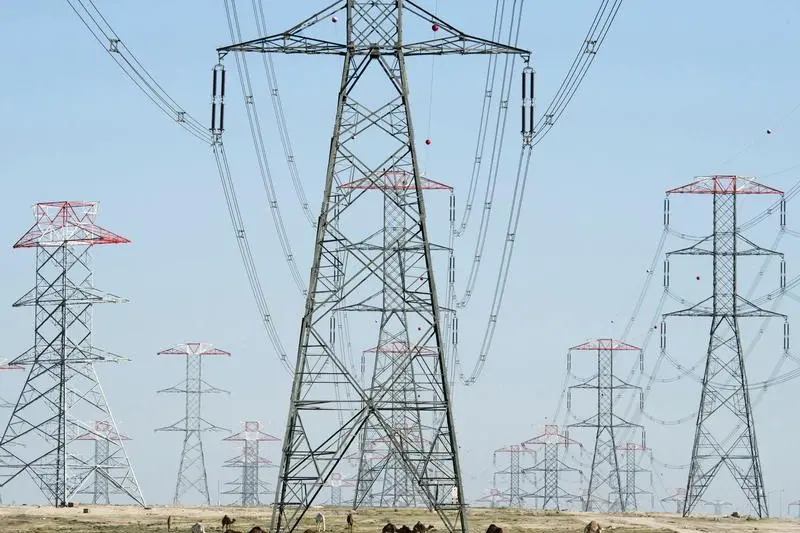PHOTO
KUWAIT CITY: The Ministry of Electricity, Water and Renewable Energy has reported an 18 percent spending rate on its projects during the first six months of the current fiscal year, relative to the total estimated budget for purchasing non-current assets for these projects, say sources who criticized this decline. Sources pointed out that the allocated budget for this item is KD565.354 million and only KD105.226 million of which has been spent, leaving a balance of KD415.816 million.
Sources have raised concerns about the discrepancy between the ministry’s low spending rate and its commitment to launching 21 vital projects included in its development plan for the current fiscal year. Despite this commitment, only a few of these projects have been initiated or completed during the designated period, sources revealed. Sources stated that one key project that remains delayed is the Nuwaiseeb power generation station, which is expected to produce 3,600 megawatts in its first phase. The station has not been launched yet, despite the urgent need for additional electricity generation to avoid power outages or the need to purchase energy from the Gulf Interconnection Network, as it occurred during the summer months of this year.
On the other hand, the ministry has encouraged citizens to adopt modern energy-efficient air conditioning systems that operate with Variable Refrigerant Flow (VRF) technology, which can reduce energy consumption by up to 30 percent. It also urged homeowners to ensure their properties are properly insulated, which would help save electricity and reduce the load on the electrical grid.
Initiative This initiative was part of the ministry’s participation in the 13th Industries and Construction Exhibition, being held at the Jumeirah Beach Hotel from Nov 25-28. Dalal Al-Otaibi, Senior Mechanical Specialist in the Ministry’s Electrical Extensions Department, explained that the ministry’s participation aims to raise awareness about energy-saving air conditioning systems and the benefits of building insulation. In a press statement Monday, Al- Otaibi confirmed that VRF systems offer year-round energy savings, as they operate according to specific needs and can be individually controlled by room. “In contrast, older air conditioning systems consume more energy and put added strain on the national grid,” she stated. While there have been proposals to encourage the adoption of such energy- saving technologies, Al-Otaibi emphasized that these measures have not yet been implemented. “The ministry continues to push for wider adoption of these systems to both reduce consumer energy costs and alleviate pressure on the electrical grid,” she added. Meanwhile, the Public Authority for Housing Welfare has announced the completion of electricity supply to all 116 public buildings across the residential suburbs N6 to N11 in Al-Mutla’a Residential City, with the Fire Department building being the last to be connected, reports Al-Seyassah daily.
Rashid Al-Anzi, PAHW Acting Director General, confirmed that 113 buildings had already been handed over to the beneficiaries and coordination is underway to deliver the remaining building. These public buildings, including schools, mosques, police stations, citizen service centers and health facilities, provide essential services to citizens. Al-Anzi also revealed that the second phase of public building construction in Al-Mutla’a has started, with work underway in 68 buildings. Work on operating the lighting network for remaining roads in other suburbs, including N5 and N12, is ongoing, with cooperation from the Ministry of Electricity and Water to ensure the completion of services for the public.
© Copyright 2024, All Rights Reserved Provided by SyndiGate Media Inc. (Syndigate.info).




















